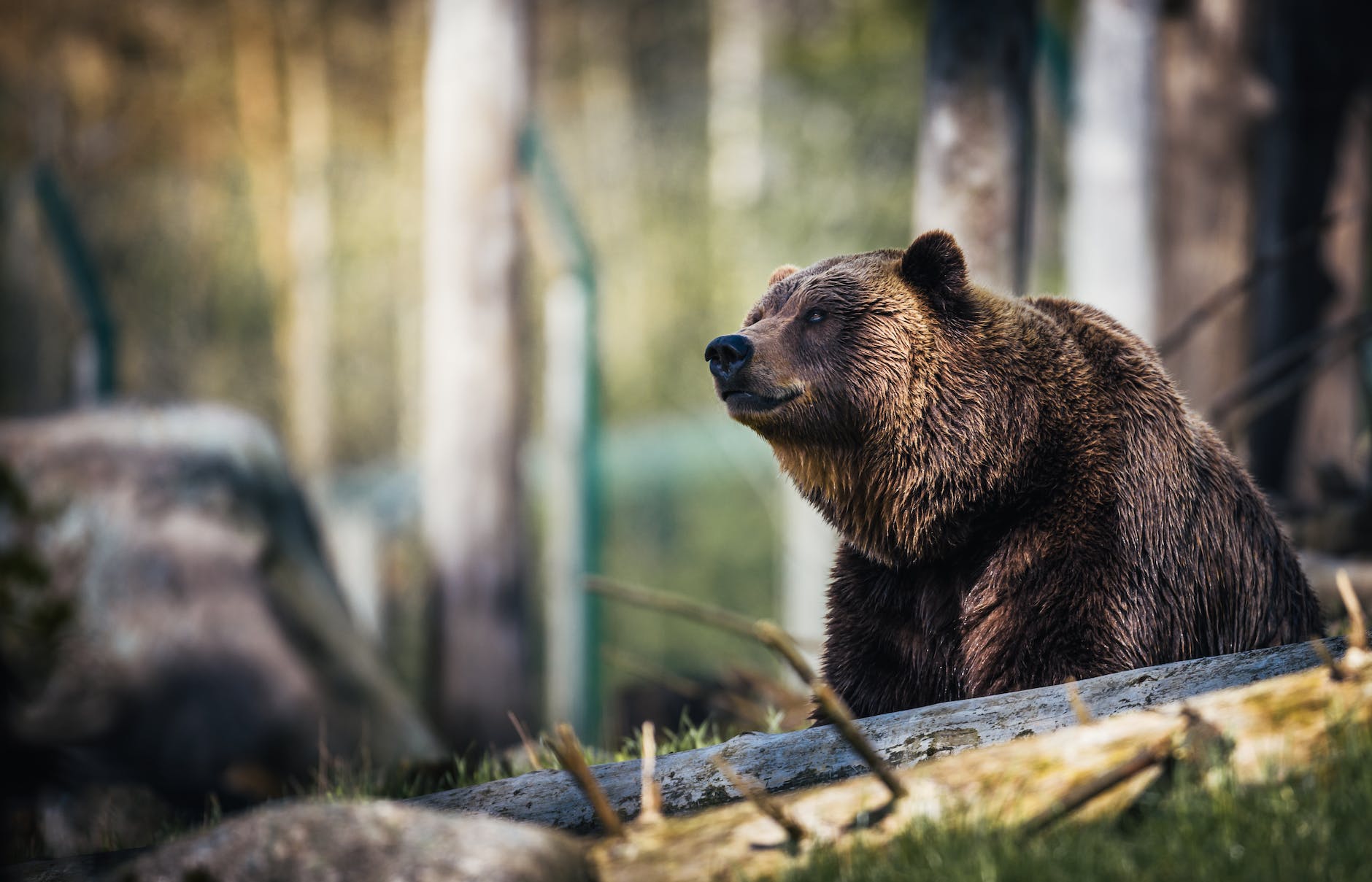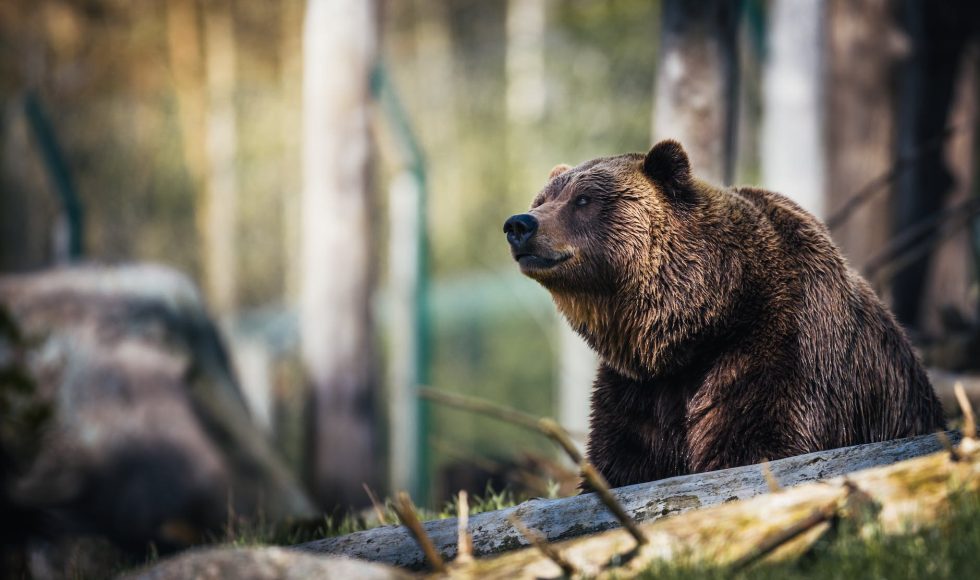The London Calling 2021 session “CanSeq150: high-resolution genomic sequencing and assembly of 150 Canadian species” caught my attention today. Jahanshah Ashkani from Canada’s Michael Smith Genome Sciences Center was the speaker. The goal is to save Canada’s rich biodiversity by sequencing unique species. Loss of biodiversity is an issue: there are over 700 species at risk, and dozens have already become extinct. The need for genomics tools and management are options. Ashkani spoke about this and the Earth Bio-genome Project. The CanSeq150 is “an initiation of Canada’s contribution to these activities,” according to Ashkani. It is a federally funded program with building and maintaining sequencing capacity. The Vancouver Island Marmot is Canada’s most endangered species. Using Nanopore technologies, they generated a more contiguous genome. The grizzly bear’s 2.33 Gb genome was generated. Ashkani shared that they also generated a genome for the Steller sea lions that is 2.4 Gb and similar to the California sea lion genome. Data is publicly available, and a dozen publications have been produced. Finally, Ashkani spoke about highly contiguous assemblies of human genomes of Burkkit’s lymphoma and diaphragm paralysis. Ashkani shared tables with the BUSCO and Scaffold N50 data for each case study presented.



